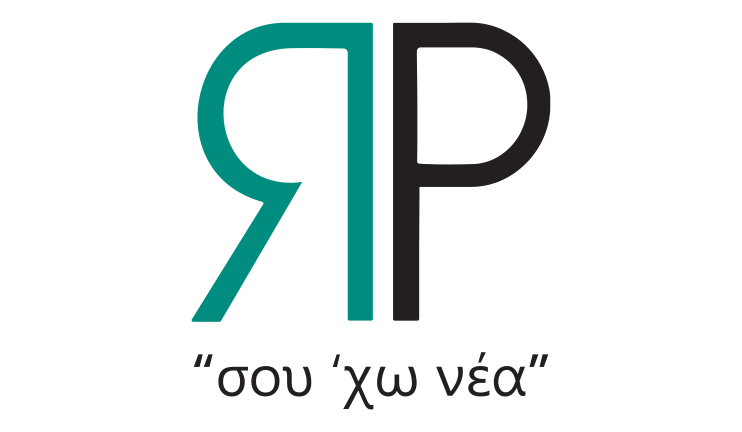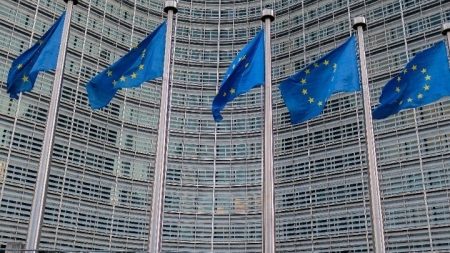Written by Athanasios Grammenos*
The column of Erasmus in Economist published an article titled “A hint of civilizations clashing”. The core idea of the article, that some sort of religious determinism plays a significant role in the way states conduct Foreign Policy is misguided. The mainstream International Relations Theory, accept today that Foreign Policy is always based on three assumptions: international anarchy, security and the national interest; no ideological or spiritual bonds can substitute a realist approach to the national strategic goals. The fact that a Greek Professor –now Foreign Minister- invited some time ago a Russian Professor and Putin’s advisor to give a speech in a University Hall, says little for the future course of the Greek Foreign Policy.
Nobody should doubt that Greece belongs -by definition- to the western world. Samuel Huntington, author of “The Clash of Civilizations”, who is mentioned in the article, ignores fundamental things in his work and his approach is holistic if not nihilistic. During the Hellenic Revolution, the Greeks asked for recognition and help from the Holy Alliance (which was refused) and the same period their scholars produced the most liberal and democratic Constitutions of that time, showing to the world what kind of polity they seek. Those constitutions were not applied because the Great Powers and the Bavarian King agreed to recognize independence only under absolute Monarchy. In many occasions, it was the Bavarians who could not combine the local culture with the modern trends in the major aspects of public policy making the state look like a foe to the citizens. Nevertheless, Greece never fought against the western liberal camp: it with the Entente in WWI and later, it was among the western nations who sent troops to Ukraine to fight the communists. It suffered heavy casualties defending the free world against the Nazis, and later, during the Cold War it participated to the war in Korea despite surrounded by communist states in the Balkans. In the war in Yugoslavia, Greece facilitated NATO missions and fulfilled all its obligations. It also assisted both wars in Iraq and Afghanistan, like a faithful and reliable ally and it is present in the fight against terrorism and religious fundamentalism. No need to write more about the country’s participation in European integration in favor of democracy and freedom.
Regarding contemporary Greek politics and the first signs of the new Administration, one can trace both symbolism and essence, but not in the way described by Erasmus. The political oath, taken by PM Tsipras was a message that the people in this country are equal no matter what they believe about God, what is their sexual orientation or what is their color. Moreover, it says that the relations between Church and State must be reconsidered to agree on a mutually beneficiary set of reforms. By the way, the model of the Greek Orthodox Church does not differ from the common paradigm in the vast majority of the European States. Let’s not forget that the Queen of UK is also the leader of the Church, and the Americans portray their religious beliefs on the dollar.
As far as it concerns the “distance from an EU statement which protested over Russian actions in Ukraine” if the author was better informed he would have known that Greece, eventually signed the statement. The complaints were about the way this declaration was announced, because the new Administration was not aware of the content, and because severe sanctions against Russia can hurt further the Greek economy. For example, the Russian market absorbs a big portion of the Greek exports and provides Greek tourism with thousands of travelers every year. As a matter of fact, it was an inter-European issue that had to be discussed within the family, and stay in the family.
Claiming that Greece is a part of the “Orthodox world”, like Huntington does, requires first to accept that such a world exists. People change but they do so according to their needs. Greek liberalism may not be identical to the British or the German, but it is still liberalism. Huntington argues that “societies who share cultural affinities cooperate with each other” but there is no such bond between Greece and Russia. Orthodox faith is not enough to determine political choices and life habits and a visit to Greece can prove that life in Athens is more or less like life in Rome or Berlin but not like in Moscow.
*Political Advisor
PhD candidate – University of Macedonia







